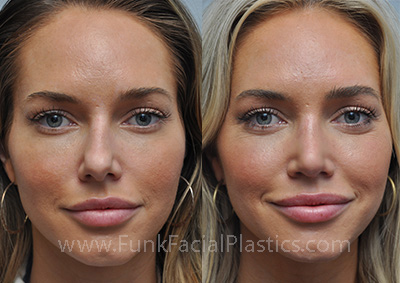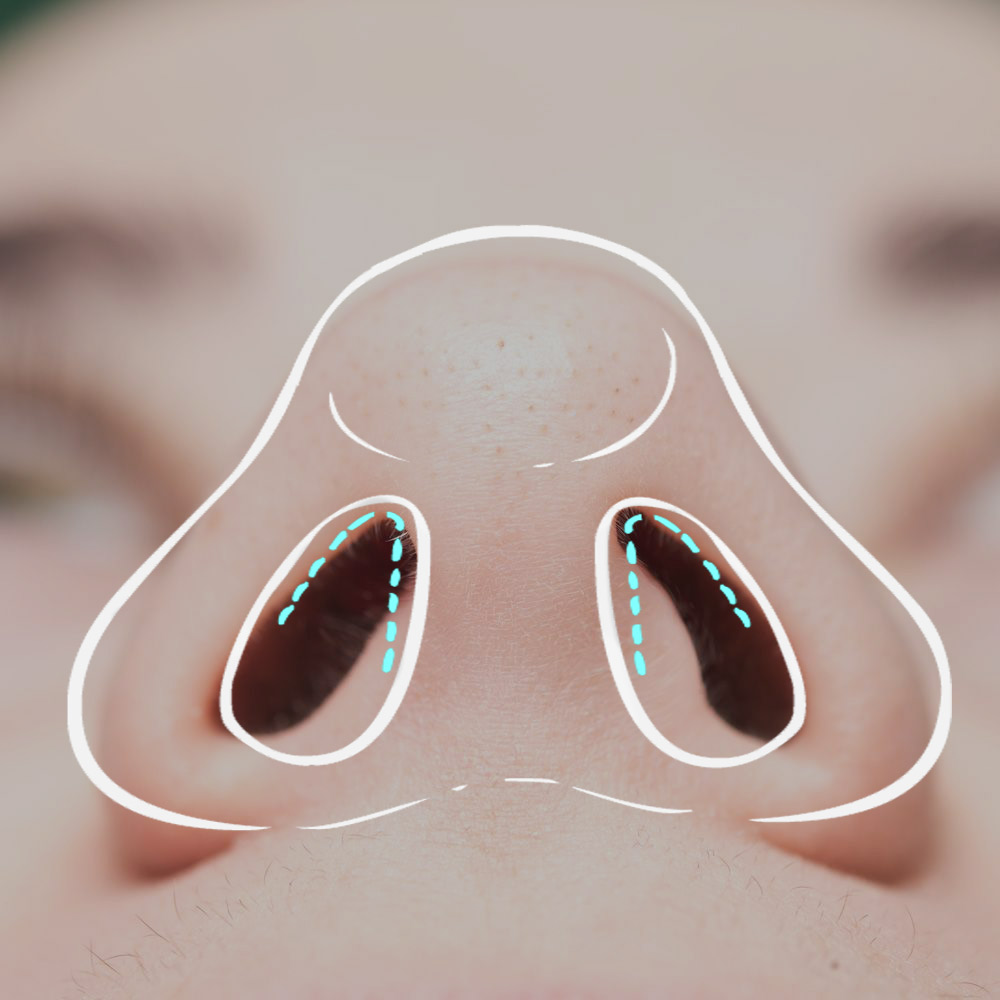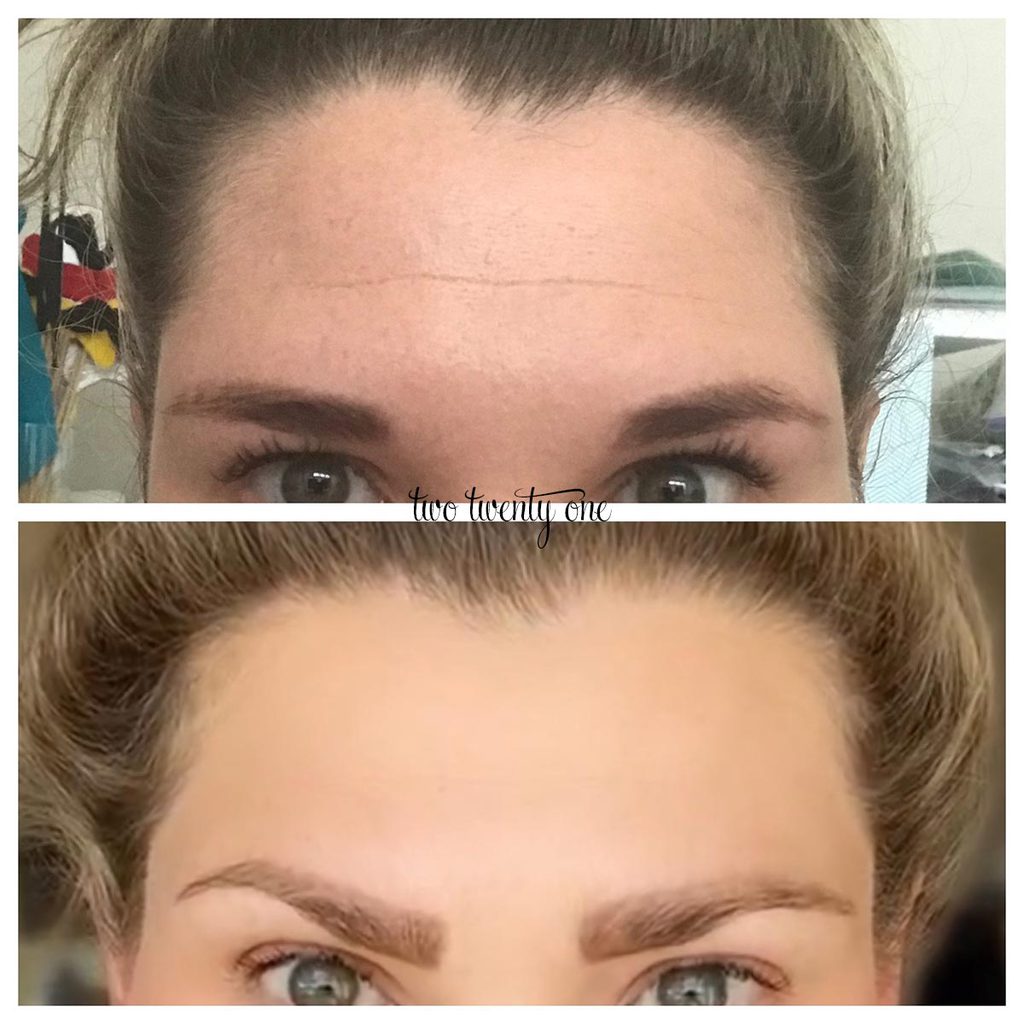
You may have noticed that plastic surgeons are back in the spotlight. Pop culture and social media played a key role in encouraging new generations to get interested in plastic surgeons. The industry has grown faster than ever since a downturn. The industry has seen an increase in growth due to the Zoom effect. Video calls and Zoom Boom are changing how people do business, and this has boosted interest in procedures above the shoulder.
Plastic surgery is in high demand
People are increasingly choosing to have their plastic surgery performed as the cost of it falls. Many doctors are adapting their work schedules to accommodate increased numbers of patients. Many people younger than 40 have become more knowledgeable about cosmetic procedures. This has made them more prepared for their consultations.

Millennials
Millennials are increasingly interested in cosmetic procedures, and this trend is growing faster than ever. The new generation of patients seeks to reduce the need for invasive procedures such as facelifts and to pursue minimally invasive options to preserve their youthful appearance.
Transgender patients
Transgender patients in plastic surgery are often overlooked, but this should not stop them from seeking treatment. Some patients have found help for gender identity issues. There are many options. Multiple procedures might be necessary for multiple patients.
Hematoma
A hematoma after plastic surgery is a serious complication that can result in infections, scarring, or even necrosis. Although it is rare, patients should be aware and take preventative steps to avoid this condition.
Coolsculpting
CoolSculpting is FDA approved. It uses cold therapy in order to remove fat cells. Although the procedure does not require surgery, patients should expect some side effects and pain. In as little as three months, the process is known as cryolipolysis. This can make your body firmer and flatter.

Botulism
You are not the only one who has ever wondered about Botox injection safety. Recent studies have analyzed the research evidence of cosmetic procedures using botulinum neurotoxins (BoNTs). The way that doctors treat cosmetic and pain problems has been changed by the use of these toxins.